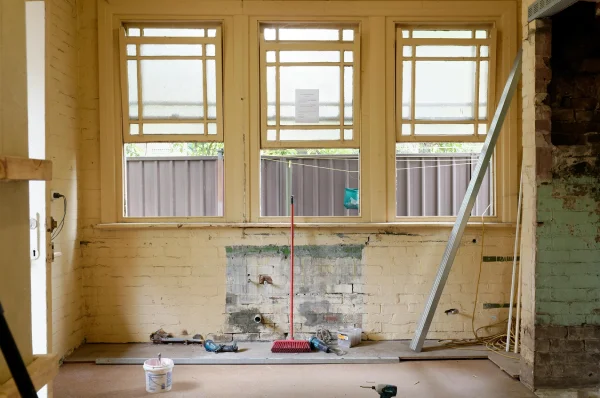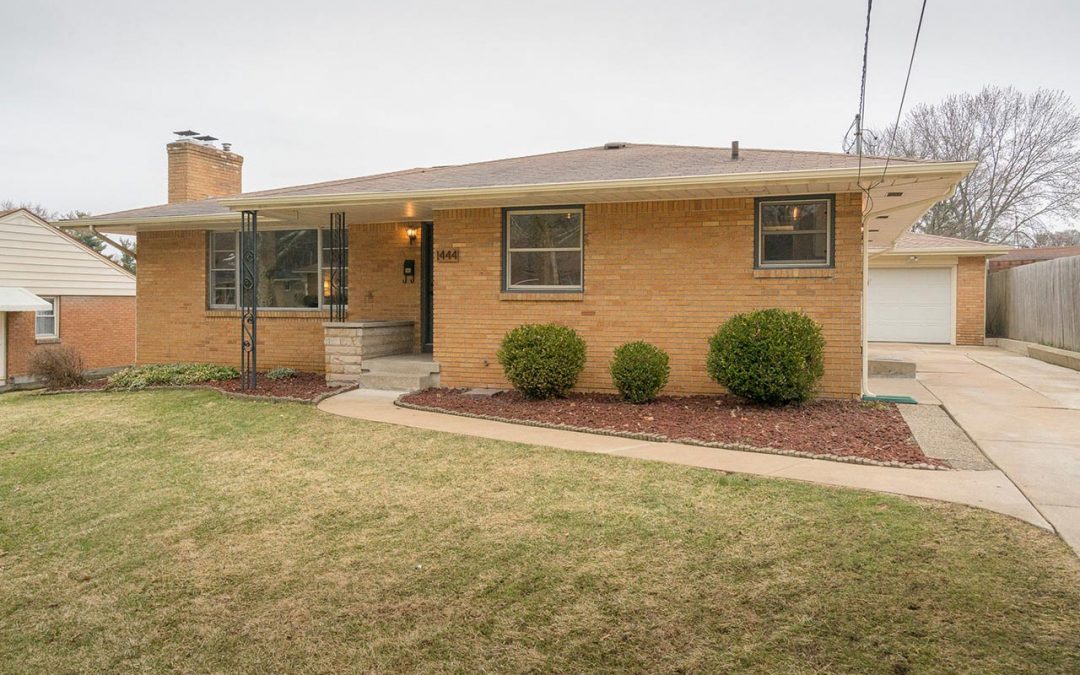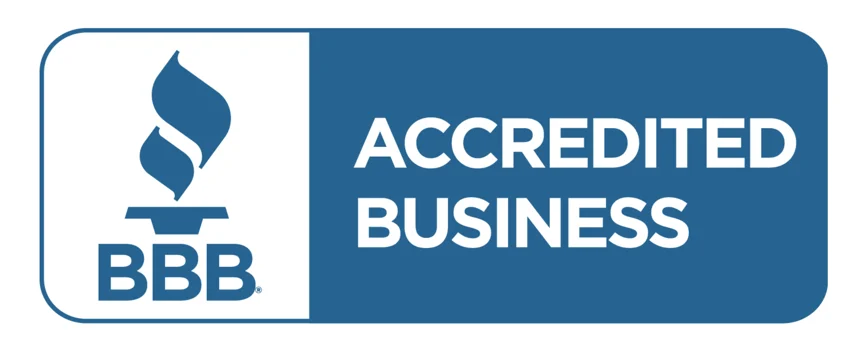As one of the fastest-growing regions of Michigan, the Greater Grand Rapids area has become a popular spot for young people and families. This area offers the opportunity to raise children in a welcoming and safe environment close to great schools with plenty of parks and things to do just around the corner. Here’s a look at some of the top up-and-coming Grand Rapids neighborhoods.
#1 Alger Heights
South of downtown is a great up-and-coming Grand Rapids neighborhood for families known as Alger Heights. With good schools, plenty of parks, and even a branch of the library located in its limits, Alger Heights is a great place to settle and raise children. This close-knit, diverse neighborhood cares about bringing people together and regularly hosts community events like movie nights, live music, and park activities. Alger Heights is close to shopping on 28th Street while being an easy commute to downtown and the beltline.
#2 Eastown
Eastown is known for being a progressive neighborhood with a rich history — with plenty of craft breweries, specialty cafes, and unique shops. Many young people have moved to Eastown to buy and refinish classic older homes, which has made the neighborhood popular for professionals relocating for work. Eastown is a short commute to state-of-the-art hospitals that employ many residents. This neighborhood enjoys a lot of greenspace and has access to many quiet parks and great public schools.
#3 Fulton Heights
Conveniently located minutes east from downtown and west from the beltline, the Fulton Heights neighborhood is a must-see spot that’s increasingly popular for young professionals and families. This quiet residential area has access to everything, including two large parks, a huge community garden, and the Fulton Street farmers market which is a popular draw for locals across Grand Rapids.
Homes in Fulton Heights tend to sell quickly, so interested buyers will need to keep an eye on the market if they want to raise their family in this beautiful spot.
#4 Heritage Hill
Located just southeast of downtown, Heritage Hill is known to be the most historic of the Grand Rapids neighborhoods. Its huge, perfectly preserved homes dating back to 1844 are spaced along brick streets lined with old-growth trees. With homes of every architectural style, Heritage Hill is a popular place for walking tours. With quiet streets and plenty of nearby parks, the area is also a draw for families.
The Heritage Hill neighborhood is close to downtown and easy walking distance to many great restaurants, bars, and coffee shops. Very few franchises have set up shop, meaning most neighborhood establishments are unique and have had roots in the area for a long time.
#5 Creston-Cheshire
With a population of over 27,000 residents, Creston is the largest of Grand Rapids neighborhoods, located to the north of the downtown area. The neighborhood is full of quiet suburban homes, tree-lined streets, and has access to many parks — including the beautiful Riverside park which is full of fun outdoor activities for families from disc golf to kayaking.
This area is growing quickly, with new restaurants, bars, and retail spaces opening up all the time. This community already has a growing culture, and in a few years could become its own unique hub.
Hoping to move into one of these top desirable Grand Rapids neighborhoods? Hometown Development can help! We regularly renovate and restore homes in these areas, offering buyers like you a rare opportunity to move into these highly sought-after neighborhoods. Let us know what you’re looking for, we may just have the home for you!

















